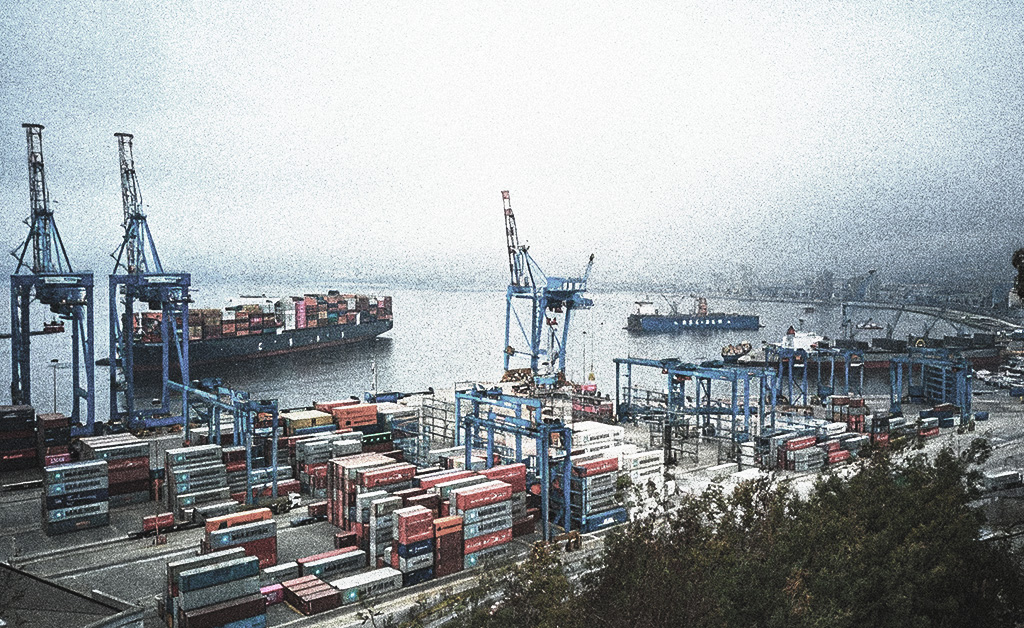Blockchain and Supply Chain: Enhancing Transparency and Traceability
In recent years, the integration of blockchain technology into various industries has revolutionized traditional processes and brought forth new opportunities. One area where blockchain has shown tremendous potential is in supply chain management. By leveraging the power of decentralized and transparent networks, blockchain is enhancing transparency and traceability across supply chains, leading to more efficient and trustworthy systems. In this blog post, we will explore how blockchain is transforming the supply chain landscape, the benefits it brings, and the future possibilities it holds.
Understanding the Challenges of Traditional Supply Chains
Traditional supply chains often suffer from a lack of transparency and traceability, making it difficult to track the movement of goods and verify their authenticity.

How Blockchain Enhances Transparency
The Power of Immutable Records
The immutability of blockchain records ensures that once a transaction or event is recorded, it cannot be altered or tampered with. This feature significantly reduces the risk of fraud and provides an auditable trail of all supply chain activities.
By having an immutable record of every transaction, businesses can easily identify bottlenecks, pinpoint inefficiencies, and address any issues promptly. Additionally, tracing products back to their origins allows for more effective quality control and recall management.
Smart Contracts and Automation
Blockchain’s smart contract capabilities automate various aspects of supply chain processes. Smart contracts are self-executing agreements with predefined rules, triggered automatically when specific conditions are met.
They eliminate the need for intermediaries and manual verification, streamlining processes and reducing costs. For instance, smart contracts can automate payment settlements, monitor compliance, and trigger notifications for quality assurance, leading to faster and more efficient transactions.
Collaborative and Secure Networks
Blockchain facilitates collaboration among supply chain participants by providing a shared platform where information can be securely exchanged. It eliminates the need for intermediaries, reduces paperwork, and minimizes the risk of data breaches. With blockchain, stakeholders can securely share sensitive information like certifications, licenses, and compliance documents, fostering trust and strengthening partnerships. This collaborative approach results in streamlined operations, reduced delays, and increased overall efficiency.



